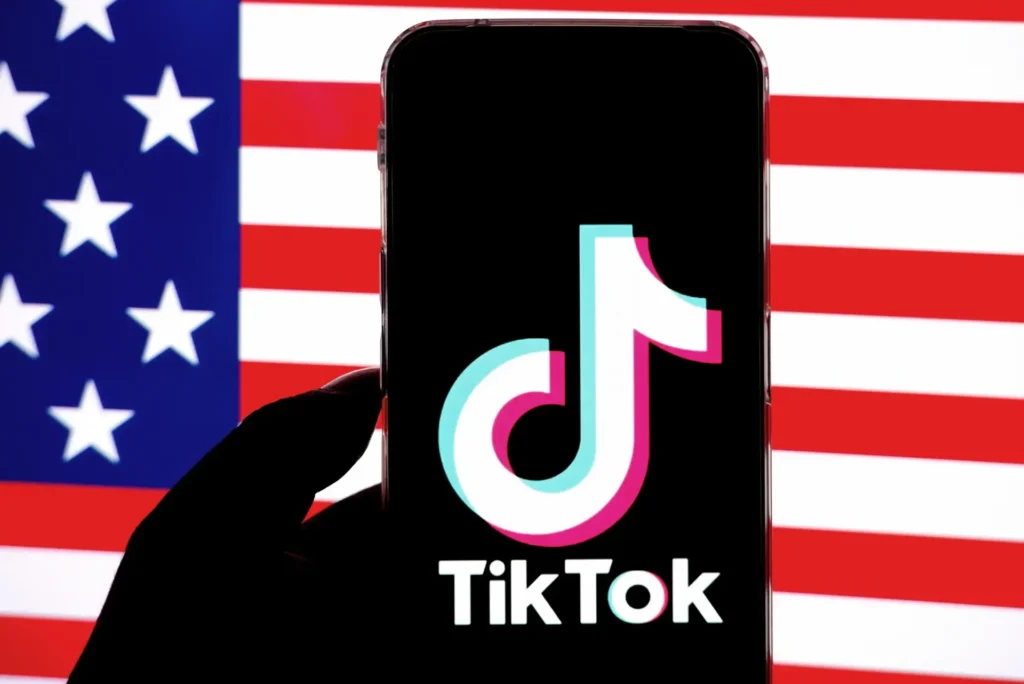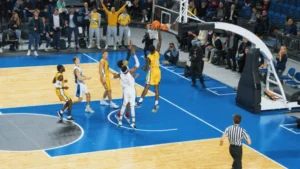On Friday, the Supreme Court deliberated on a proposed TikTok ban in the U.S., which could take effect on January 19 unless TikTok’s China-based parent company, ByteDance, sells its assets. Justices appeared inclined to uphold the law due to national security concerns tied to ByteDance’s obligation to cooperate with Chinese intelligence operations.
Chief Justice John Roberts focused on the potential risks of TikTok’s connection to China, shedding light on its influence over sensitive user data and content algorithms. ByteDance insists it will not sell TikTok despite mounting pressure. Billionaire businessman Frank McCourt, joined by Kevin O’Leary’s consortium, reportedly submitted a proposal to purchase TikTok’s U.S. operations, though the financial details remain undisclosed.
After negotiations to address privacy concerns with TikTok failed, the Biden administration enacted the bipartisan law in April. If upheld, the law will force app stores, including Apple and Google, to remove TikTok. Existing users could retain access, but the platform’s functionality would eventually deteriorate without updates.
TikTok, which boasts 170 million U.S. users, argues the ban violates free speech protections, a stance Justice Neil Gorsuch partially supported. However, government officials maintain that TikTok’s data collection poses a substantial security threat. They fear Beijing’s potential manipulation of the app’s content could undermine U.S. interests.
TikTok’s U.S. operations will face severe restrictions unless an agreement is reached. The TikTok ban in the U.S. could reshape the tech landscape as lawmakers weigh free speech against safeguarding national security. The case signals a defining moment for the future of Chinese-owned platforms in America.









